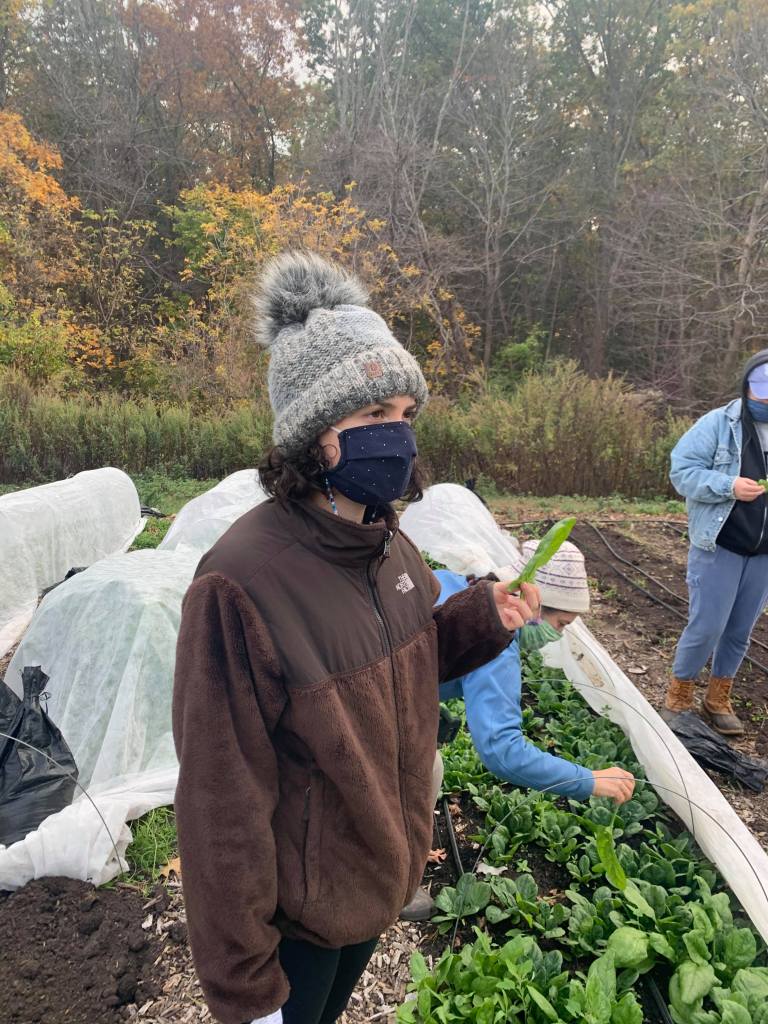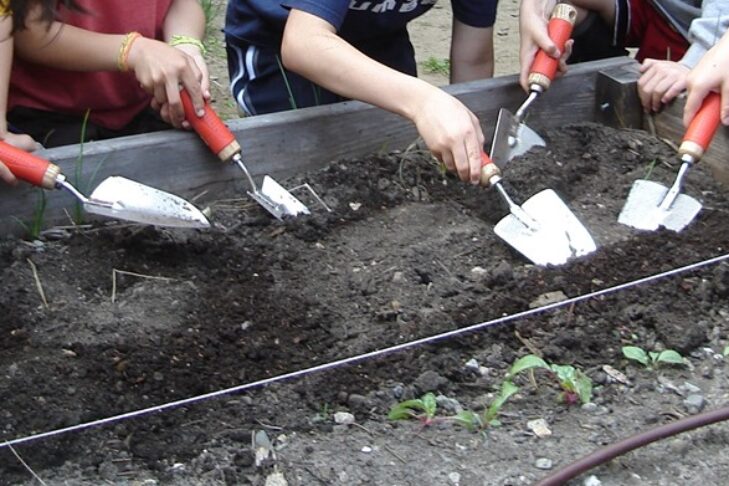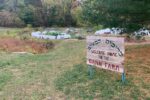Did you know it was estimated that about 40% of US’s crops go uneaten each year (NRDC.org)? Farmers grow excess crops to account for unpredictability and are often left with a surplus, unable to afford the labor to donate the food themselves. That’s too much food that could go to those in need, especially since 1 in 7 households in the Massachusetts area are food-insecure (bostonareagleaners.org). Boston Area Gleaners decided to do something about this, bridging the gap between farms who have extra crops and organizations who distribute food to families in need. They rescued over one million pounds of food in 2019 alone!
Boston Area Gleaners relies on volunteers for many aspects of its operations. One main way is through its “gleaning trips,” where volunteers come out to harvest farms’ extra food. I recently went on my first gleaning trip and found it to be even more meaningful and fun than I expected: learning about different crops, meeting others with similar values, harvesting and boxing veggies, and feeling I made a difference with the 6,496 servings of fresh produce we collected.
The organization is careful during COVID-19, and multiple safety procedures were put in place to make sure we were safe (and having a good time). There are also other ways to get involved with the initiative, including collecting banana boxes from your local supermarket (they rely on these for food collection) or making a donation to help the whole operation.
Gleaning (leket in Hebrew) is a concept that is close to my heart, as it comes straight from the Torah and is a strong Jewish value that has been observed since the times of the Bible. “And when you reap the harvest of your land, you shall not reap all the way to the edges of your field, or gather the gleanings of your harvest; you shall leave them for the poor and the stranger: I the Lord am your God” (Leviticus 23:22).

Boston Area Gleaners and similar organizations take this concept from the Torah and bring it one step further as they strive to distribute the food with dignity. Yes, they could say, “If you need food, come to the farm yourself and get it,” but instead they recognize that people who are food insecure deserve the same access and quality of food as anyone else. This became apparent to me on the trip when we only collected food we felt could be seen in a market, not just good enough for those struggling.
Related
Sophia Adler is a fellow with Serve the Moment Corps and volunteers with Beantown Jewish Gardens. In her job as a Jewish educator, she is the program director for Diller Teen Fellows at JCC Greater Boston, where teens spend a year exploring leadership, Jewish identity and social justice. She is passionate about experiential education, sustainable living and Jewish life.
This post has been contributed by a third party. The opinions, facts and any media content are presented solely by the author, and JewishBoston assumes no responsibility for them. Want to add your voice to the conversation? Publish your own post here. MORE




